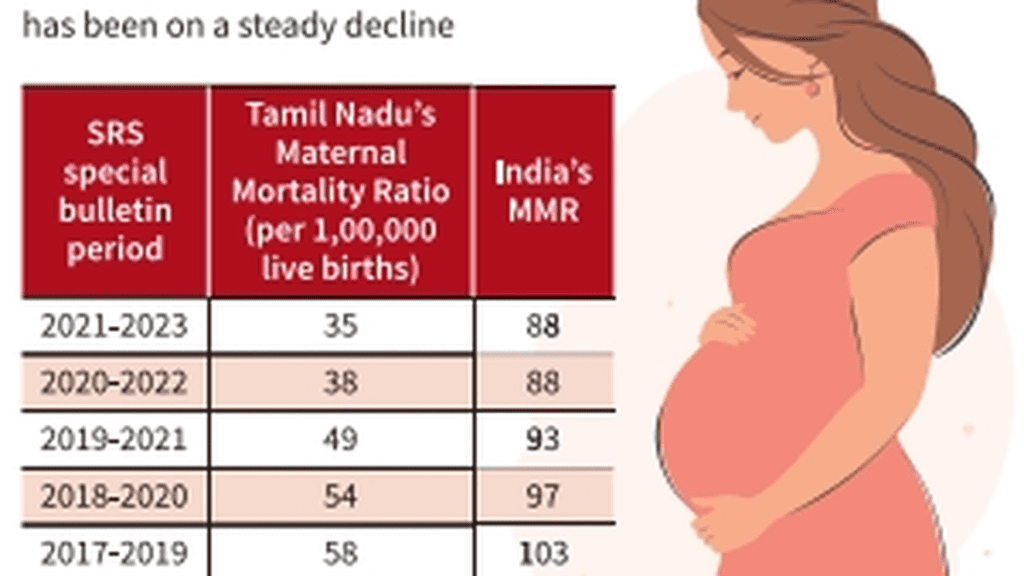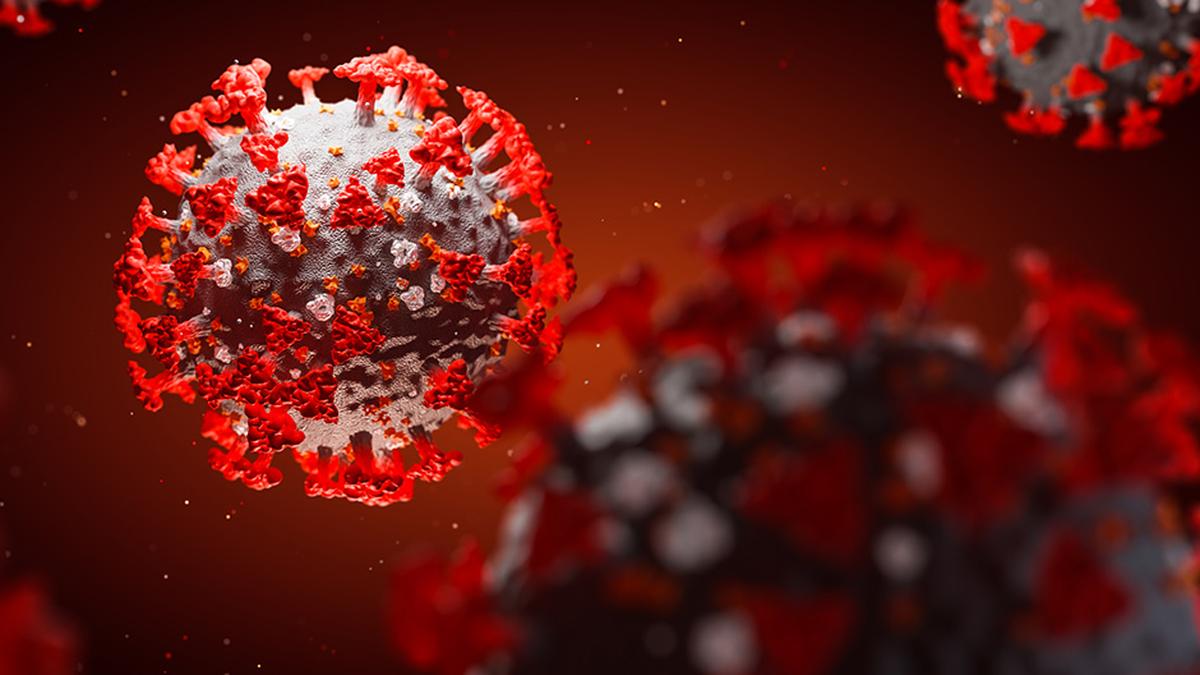Throw away that cigarette, increase life expectancy: new study underlines benefits of smoking cessation Premium

Throw away that cigarette, increase life expectancy: new study underlines benefits of smoking cessation Premium
The next time it feels like cigarette time, think about this fact before you take a puff: a single cigarette can potentially steal 20 minutes of your life expectancy. And the life that you do have left, is likely to be less healthy than it would be if you did not smoke. Researchers from University College London, arrived at this metric based on data from male and female mortality outcomes in the U.K., and in following up an older study from 2000. There are a number of caveats to this of course, including type of cigarette smoked, individual susceptibility, age of initiation etc, the researchers note.
Smoking has, for long, been associated with a number of health risks: it is, in fact, the common risk factor when it comes to five of the top 10 causes of mortality in the world as of 2021. According to the World Health Organization, these include ischemic heart disease, stroke, chronic obstructive pulmonary disease (COPD), lower respiratory infections and trachea, bronchus and lung cancers. And yet, as per the National Family Health Survey – 5, 38% of men and nearly 9% of women in India over the age of 15 used tobacco. The WHO estimates that tobacco is one of the major causes of death and disease, in India and accounts for over 1 million deaths every year.
If you think that an occasional cigarette does no harm and that it is only chain smokers who can get into trouble health-wise, think again. Smoked tobacco products contain over 7,000 chemicals including at least 250 known to be toxic or to cause cancer, the WHO states. It may start small with dry mouth, elevated blood pressure and a reduced sense of smell, but smoking can affect almost all parts of your body — apart from the known cancers and non communicable diseases, it can also cause skin damage, hearing and vision loss, impact fertility and cause erectile dysfunction.
Smoking makes your chances of getting lung cancer 20 times higher and also increases your risk of getting COPD, says Chennai-based pulmonologist R.P. Ilangho. And once you get COPD, he points out, there is no cure.
If a smoker gets cancer, says Arvind Krishnamurthy, professor and head, surgical oncology, Cancer Institute, Adyrar, the outcomes are known to be poorer for various reasons. “Generally, a smoker will have other co-morbid conditions. Also, their ability to tolerate treatment, and their ability to complete planned treatment may be compromised,” he says. Lung cancer, Dr. Krishnamurthy says is the leading cancer among men in India, both in terms of incidence and mortality. Crucially, he says, even exposure to smoke within a closed environment (and not smoking itself) has been linked to cancer.
The UCL researchers say studies suggest that smokers typically lose about the same number of healthy years as they do total years of life. “Thus smoking primarily eats into the relatively healthy middle years rather than shortening the period at the end of life, which is often marked by chronic illness or disability. So a 60-year-old smoker will typically have the health profile of a 70-year-old non-smoker,” they state.
The benefits are immediate, say doctors. “The body starts getting better the moment you stop,” says Dr. Ilangho. If the damage you have inflicted is not irreversible, the body will recuperate, he says. Perceptible benefits start within 20 minutes of stopping, adds Dr. Krishnamurthy. “Your blood pressure settles down, and you begin to recover taste and smell. But it takes a smoker about 10 to 13 years to get close to the levels of a never-smoker,” he says.
The WHO says that in 2 weeks to three months: your heart attack risk begins to drop; your lung function begins to improve. In one year: your added risk of coronary heart disease is half that of a smoker. In 10 years: your lung cancer death rate is about half that of a smoker. Your risk of cancers of the mouth, throat, oesophagus, bladder, kidney and pancreas decreases.
The researchers from UCL put it this way: “a person smoking 10 cigarettes per day who quits smoking on the 1st of January 2025 could prevent loss of a full day of life by the 8th of January, a week of life by the 20th of February, and a month by the 5th of August. By the end of the year, they could have avoided losing 50 days of life.”
In India, smoking has been banned in public places since 2008. Implementation however, remains patchy, says Cyril Alexander, State Convenor, Tamil Nadu People’s Forum for Tobacco Control. “It depends on the enforcement of the law, which varies from State to State. In T.N. for instance, public smoking has been rising due to a lack of enforcement,” he says. Mr. Alexander also pointed to other dangers: the illegal sales of electronic cigarettes flourishing, despite these products being banned, and the high usage of smokeless tobacco.










